I need help with…
Bereavement and Loss

Has someone you care about died or are they seriously ill?
When someone you care about dies or is seriously ill, it is very difficult. There’s no right or wrong way to feel, but it’s natural to have strong reactions. If an animal you love dies, this can be very upsetting too. People can feel scared, confused, numb, or out of control. You might even feel like you’ll never feel OK again. These feelings will change over time– it’s really tough, but certain things can help you cope.
If you’re grieving, this is for you
Watch this video from Young Minds, and visit their website for more.
How can I deal with this?
- Try to talk to your family and other adults in your life, even if this feels hard or even impossible.
- Do something practical like creating a memory box with photos and objects that reminds you of the person who has died.
- When someone has died, think about having your own memorial. This doesn’t have to be a funeral, here are some ideas e.g. writing letters, poems and songs, drawing pictures, lighting a candle, planting a tree.
- Try to stay active, spend time with friends and keep to your normal routine as much as possible.
Who can I talk to?
Try to talk to someone you trust. Even if they’re grieving too, it could help them to share their feelings. Your school or college/university should also offer support – talk to a member of staff who you trust. If you would prefer to talk to someone you don’t know, check out the ‘Get Help’ links further down the page.
Get Help Now!
Here are a list of services that can help. The icons below tell you the type of support available.
Nottingham City CAMHS

Nottinghamshire County CAMHS

Child Bereavement UK

Help 2 Make Sense
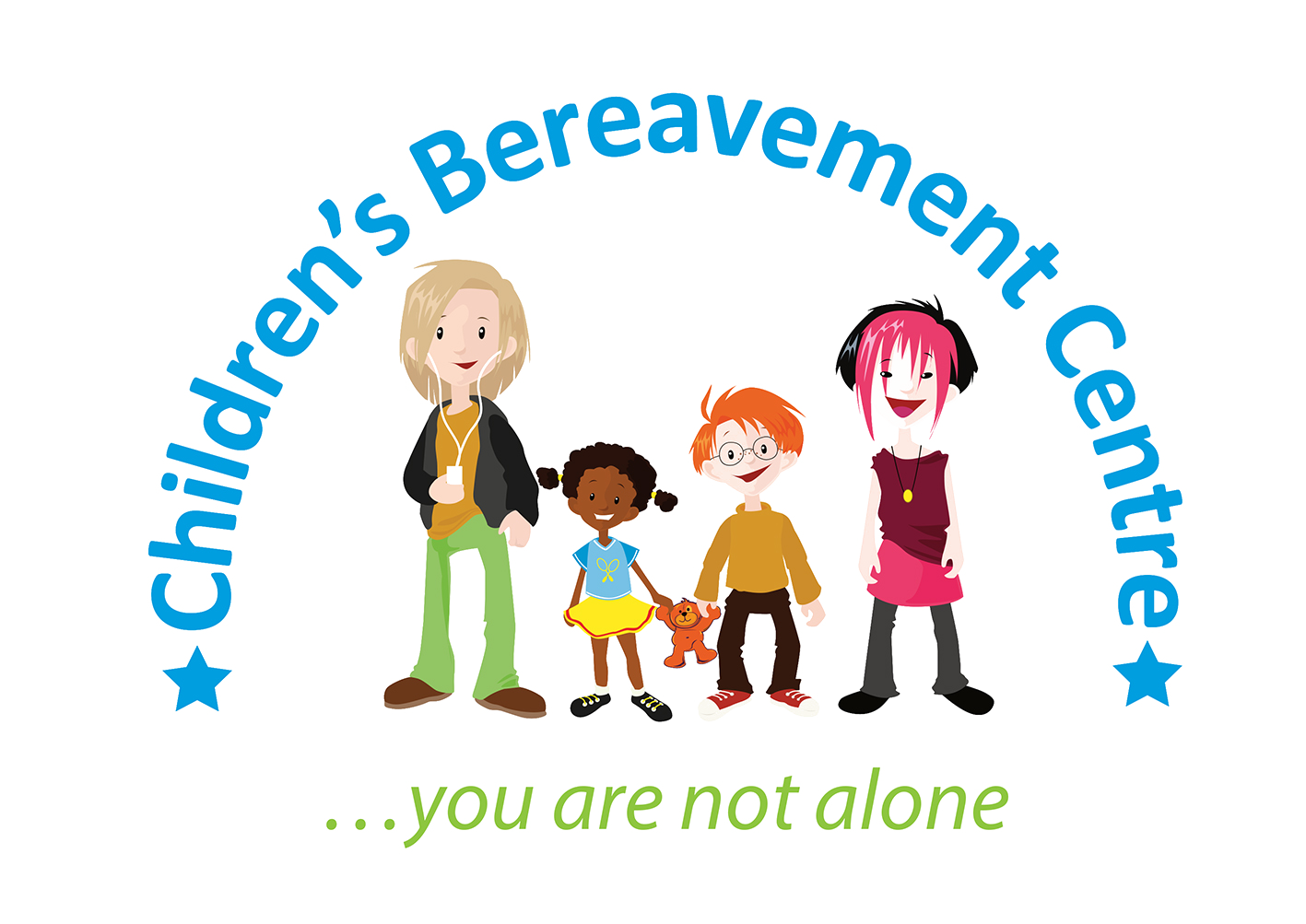
Childrens Bereavement Centre Newark
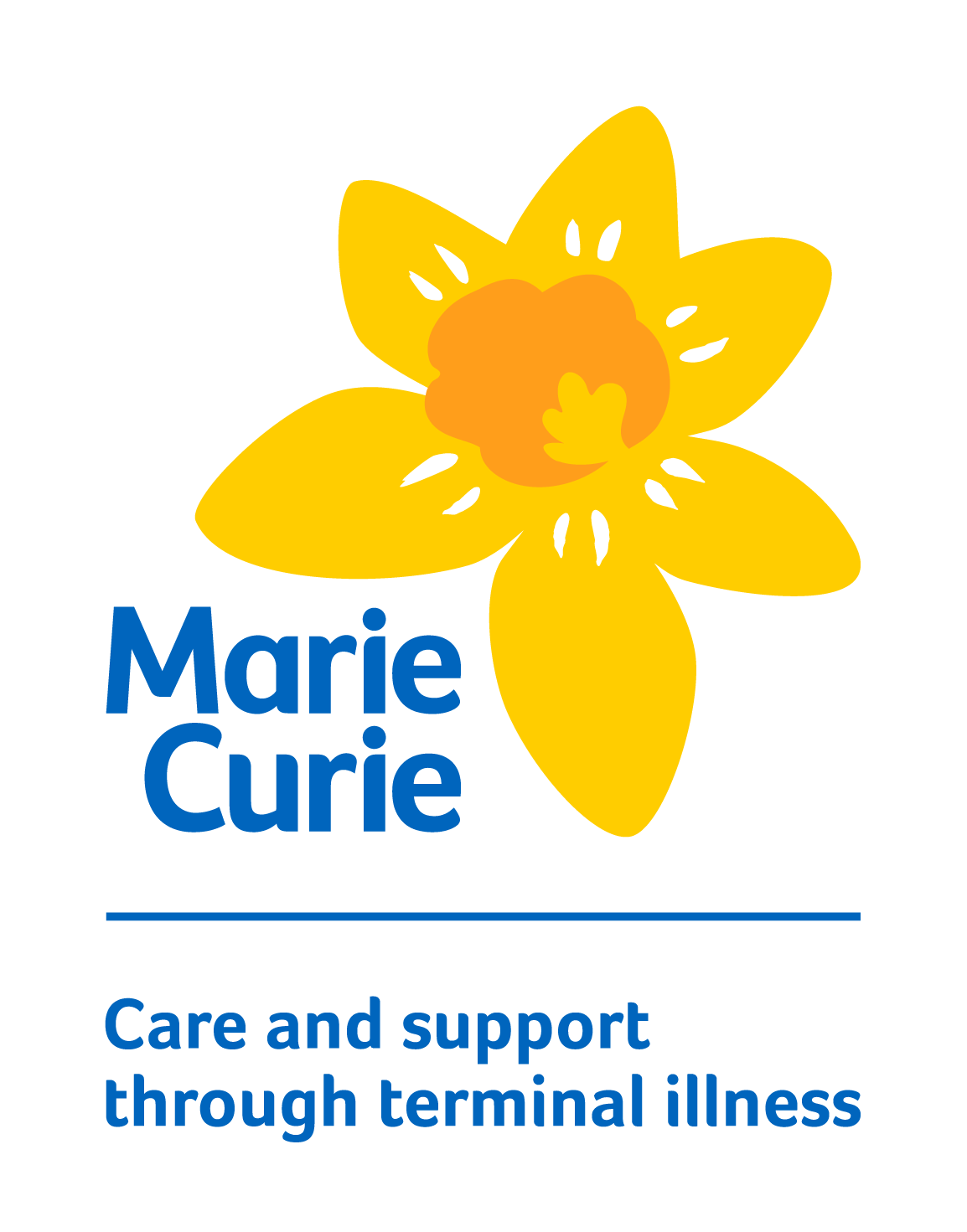
Marie Curie
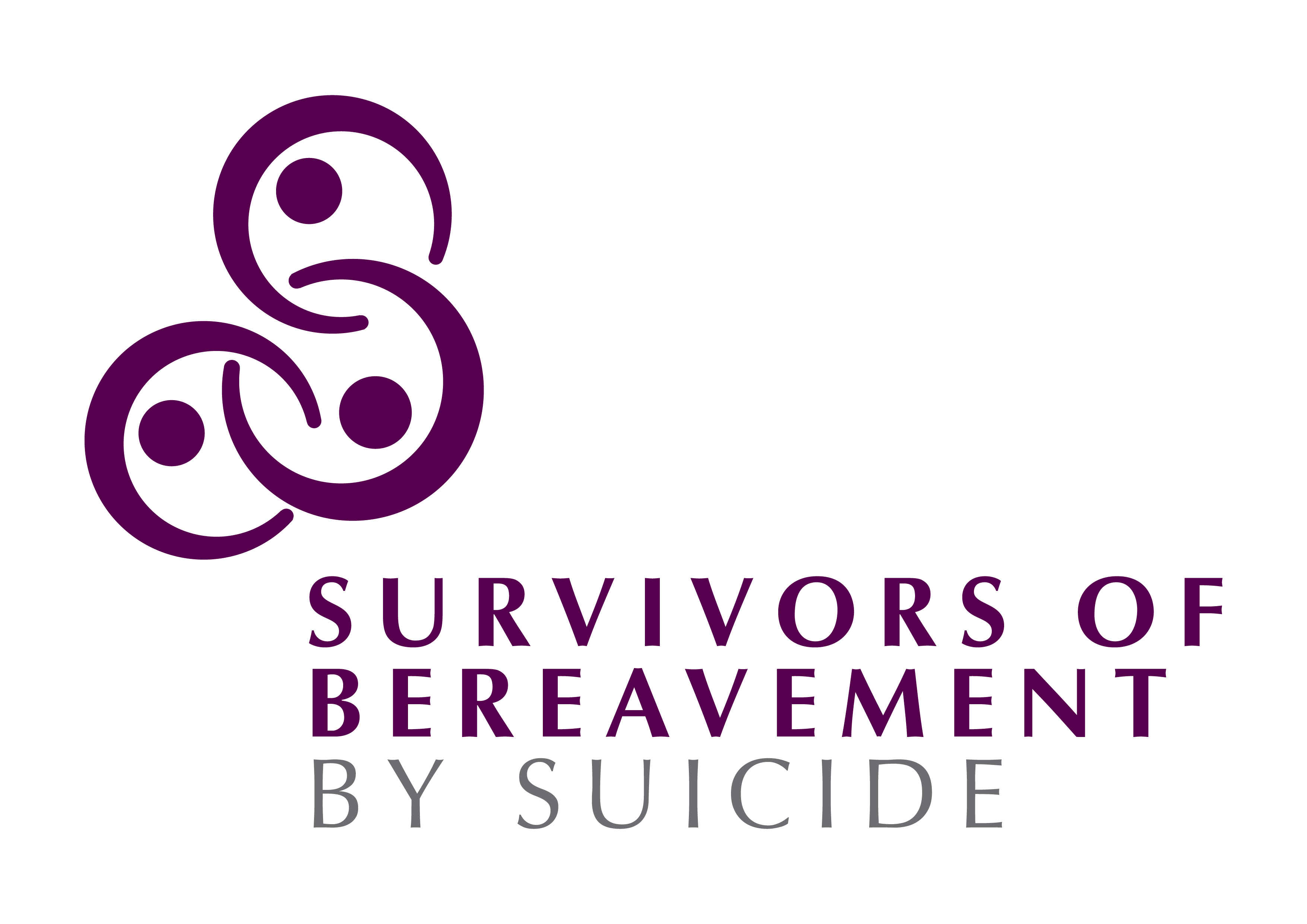
Survivors of Bereavement by Suicide

Hope Support Services
Which services can I access?
Some of the services available operate only within city or the wider county area. Pop your postcode in below to quickly check which services are available to you
Related topics
-
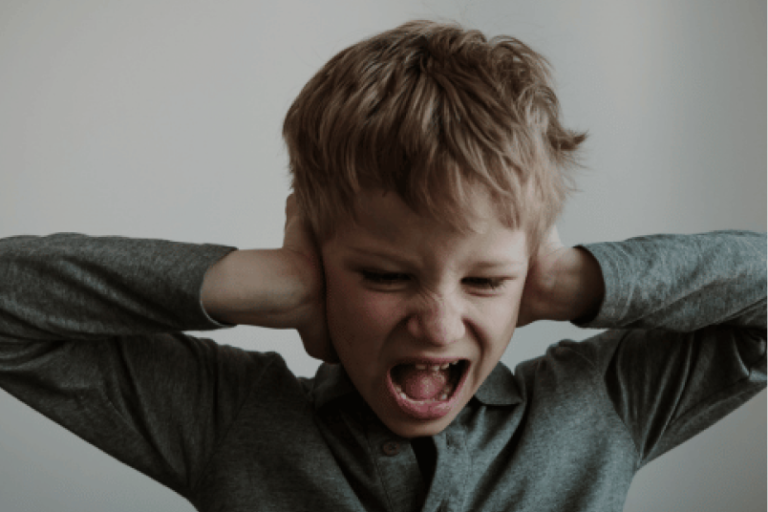
Anger
Anger is an expression of emotions, it is usually underpinned by an emotion that your child is not able to express because they do not have the words, or because they don’t themselves understand how they feel.
-

Anxiety and Panic Attacks
Everyone gets anxious now and then and anxiety is actually your body giving you a message that you are not safe.
-
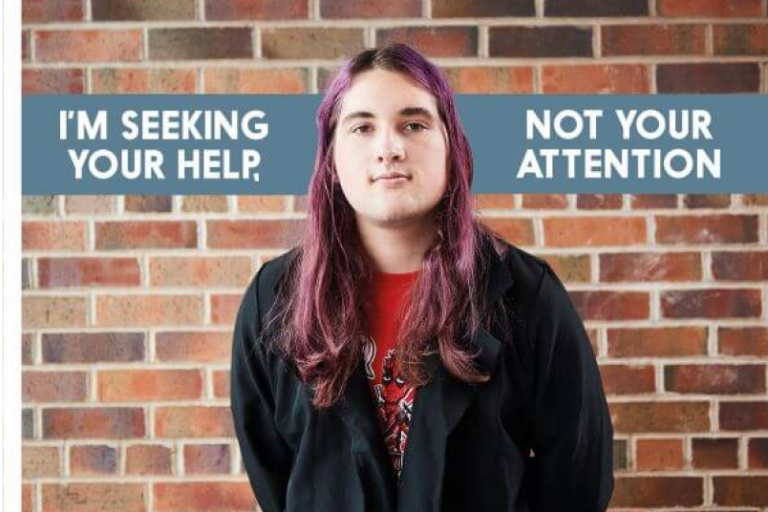
Self Harm
Self-harm, or self-injury, describes a wide range of things people deliberately do to themselves that appear to cause some kind of physical hurt. It can be very hard for parents and carers to know about – or witness – self-harming behaviour in their children.
-
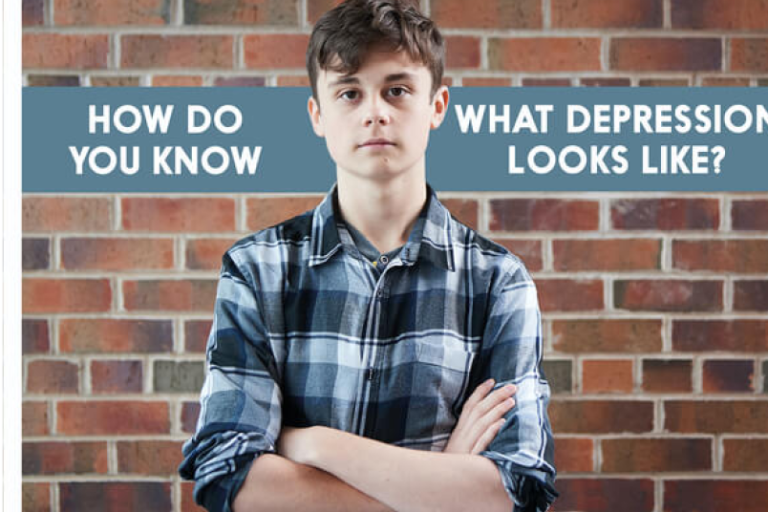
Depression or Low Mood
Everyone has ups and downs. Sometimes you might feel a bit low, for lots of different reasons. People may say that they are feeling depressed when they are feeling down, but this does not always mean that they have depression.